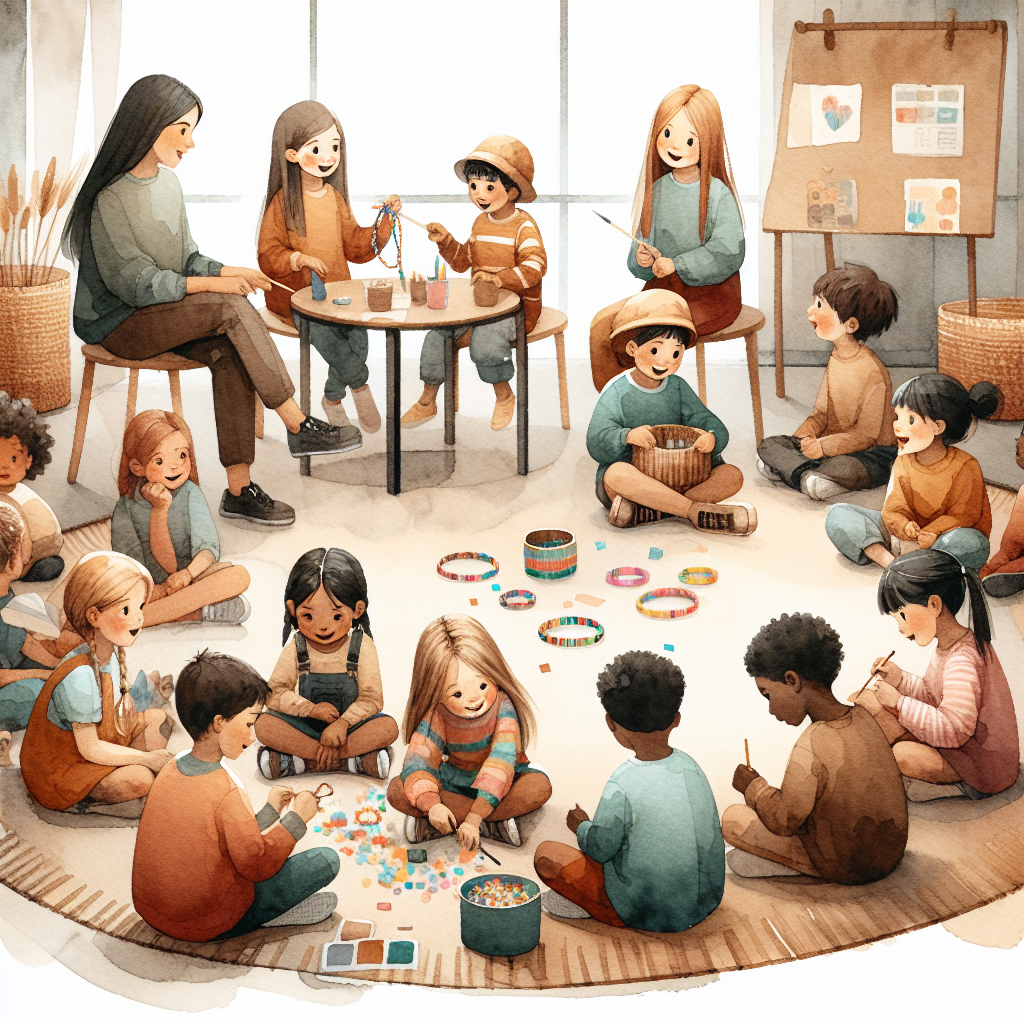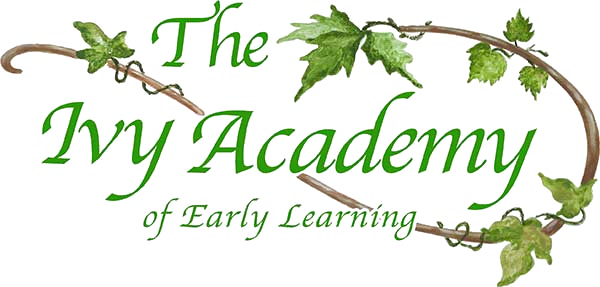7 Friendship Activities That Will Help Your Child Through Challenging Times

7 Friendship Activities That Will Help Your Child Through Challenging Times
The Power of Friendship in Childhood Resilience
When life gets bumpy, children need emotional anchors. At The Ivy Academy, we’ve seen firsthand how friendships serve as powerful stabilizing forces during uncertain times.
True friendships do more than provide companionship—they transform challenges into growth opportunities. Children who develop strong social bonds show greater resilience, improved problem-solving skills, and better emotional regulation.
Let’s explore seven powerful friendship activities that help children navigate difficult periods while building lifelong social skills.
1. Emotion Mapping Playdates
Children often struggle to verbalize complex feelings, especially during challenging times. Emotion mapping playdates create safe spaces for emotional expression through creative play.
How it works: Set up a playdate where children create “emotion maps” using simple materials like paper, crayons, and stickers. They can draw different “emotion islands” (happy place, worry mountain, calm sea) and place figures representing themselves and friends on the map.
This activity normalizes emotional conversations and helps children see they’re not alone in their feelings. At The Ivy Academy in Geneva and Elgin, we incorporate similar emotional literacy activities that help preschoolers develop vital communication skills.
Quick tip: Keep emotion maps accessible so children can reference them when needed, adding new emotions as they arise.
2. Kindness Challenge Missions
Transforming difficult feelings into positive action helps children regain a sense of control while strengthening friendships.
How it works: Create a “Kindness Challenge” where friends team up to complete simple acts of compassion. Examples include:
– Drawing pictures for someone who’s sad
– Helping a friend clean up toys
– Sharing a special snack
– Creating a “feel better” card
Using a colorful chart, children can track completed missions and celebrate their kindness together. This activity boosts self-esteem while teaching children that helping others is a powerful way to cope with their own struggles.
Research shows: Studies from Harvard University’s Making Caring Common Project indicate that children who engage in regular acts of kindness show increased happiness and improved peer relationships.
3. Storytelling Support Circles
Storytelling offers a gentle way for children to process difficult emotions and experiences through narrative.
How it works: Create a special “story circle” where friends take turns sharing or creating stories about characters facing challenges. Use prompts like “Once there was a bunny who felt worried about…” or “The brave turtle had to try something new…”
This narrative approach allows children to explore solutions through characters, making difficult topics more approachable.
In our preschool programs at The Ivy Academy in North End Illinois, we use storytelling circles to help children develop emotional vocabulary and practice perspective-taking in a supportive environment.
Enhancement idea: Add puppets or stuffed animals as “story helpers” for children who might feel shy about direct sharing.
4. Collaborative Problem-Solving Games
When children solve problems together, they build resilience and strengthen relationships simultaneously.
How it works: Set up cooperative challenges requiring teamwork, such as:
– Building a block tower together without speaking
– Navigating an obstacle course while holding hands
– Creating art where each child adds one element at a time
– Solving simple “escape room” style puzzles appropriate for preschoolers
These activities teach children that challenges are easier when faced with friends. They learn patience, communication, and mutual support—key skills for navigating life’s difficulties.
Parent insight: “After participating in collaborative activities at The Ivy Academy, my daughter started approaching problems at home differently. She now says ‘let’s think about this together’ when facing challenges.” – Parent from our Geneva IL preschool
5. Comfort Craft Workshops
Creating tangible symbols of friendship provides children with physical reminders of support during tough times.
How it works: Host a craft session where friends create items for each other:
– Friendship bracelets with encouraging beads
– Decorated “worry stones” to hold when feeling anxious
– Small comfort boxes filled with positive messages
– Hand-painted picture frames for friendship photos
These crafts become powerful comfort tools children can use during separation, transitions, or stressful moments. The creation process itself builds connection as children engage in meaningful conversation while crafting.
At our Elgin early childhood education program, we’ve observed how these tangible friendship tokens help children feel more secure when navigating new experiences.
6. Empathy Role-Playing Adventures
Walking in someone else’s shoes develops emotional intelligence and deepens friendship bonds.
How it works: Create simple role-playing scenarios where children practice understanding different perspectives:
– “How would you help a friend who feels scared on their first day?”
– “What could you do if your friend can’t find their favorite toy?”
– “How might your friend feel if they aren’t invited to play?”
Provide simple props or costume pieces to make the activity engaging. This structured practice helps children develop empathy—a critical skill for maintaining healthy friendships during difficult times.
Developmental benefit: Research from Yale Center for Emotional Intelligence shows that role-playing activities improve children’s ability to recognize emotions in themselves and others.
7. Supportive Buddy Systems
Structured friendship frameworks teach children how to provide consistent support to peers.
How it works: Create a “buddy system” where friends check in with each other through simple routines:
– Morning greeting rituals
– “How are you feeling?” check-ins with emoji cards
– Taking turns being the “helper” or “encourager” for the day
– Simple friendship journals where parents help record kind words
Teaching these supportive practices early establishes patterns for healthy relationships throughout life. Children learn they can rely on friends and be reliable to others—even when circumstances are difficult.
In our preschool curriculum at Elgin and Geneva locations, we implement similar buddy systems that help children develop accountability and care for their peers.
Nurturing Resilient Connections for Life
These seven friendship activities don’t just help children through immediate challenges—they lay groundwork for emotional resilience throughout life. By practicing empathy, communication, and mutual support early, children develop the social-emotional skills needed to build and maintain healthy relationships.
At The Ivy Academy, we believe these friendship-building experiences are as crucial as academic foundations. Our small class size preschool environments in Geneva and Elgin create the perfect setting for meaningful connections to flourish.
Take action today: Choose one friendship activity from this list to try this week. Start small—even 15 minutes of focused friendship practice can make a significant difference in how your child navigates challenges.
The friends your child makes in preschool may not remain lifelong companions, but the relationship skills they develop certainly will. Through intentional friendship activities, we help children discover that challenges are more manageable when faced together.
Looking for a preschool environment that prioritizes social-emotional development alongside academic excellence? Schedule a tour at one of our locations in Elgin (224-281-4979), Geneva (630-402-0385), or North End (630-945-3122) to see how we nurture both minds and hearts at The Ivy Academy.
